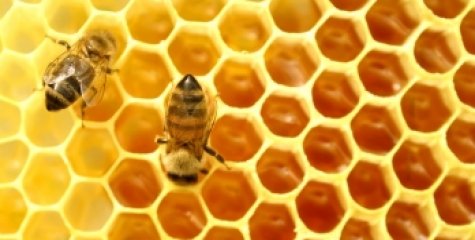WI-WE Progress
| Progress: 77.29% WWI-WE Version: 3 | |
| 0 | mandatory questions pending |
| 19 | questions total |
| 14 | questions answered |
| 14 | questions completed |
| 5 | questions pending |
Mapping Weak Signals
Inspired by: corporate press » Bees be no more, less food than before

Originally submitted by: Anthony Walker
List of all contributors by versions (mouse over)
Last changed by: Maurizio Sajeva
WI-WE status:
.png)
